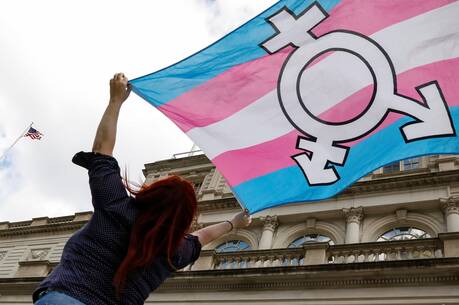In today’s first reading we meet Samaria and Samaritans. We know generally who they were (though they are a "hot spot" in current study): Samaria was a capital city of the Northern Kingdom of Israel in the 9th and 8th centuries, often "in trouble" with the biblical historian of the period for royal crimes related to injustice and worship. That same historian relates that when the people of the general region were deported to Assyria in 721, foreigners ignorant of Yahweh were transplanted to Samaria. It also appears that when the people of Judah returned from their exile in Babylon (6th century) and were rebuilding the temple, Samaritan offers to help were rebuffed. Samaritans are clearly cast as outsiders by the "new Judeans," though they were close enough to the Jews that they shared the first five biblical books. By the time of Jesus, tensions had compounded, as we hear in the story of the Samaritan woman (John 4). More than three strikes against Samaritans! But the aftermath of that conversation shares with today’s story a surprising datum: When prompted by good preaching (Jesus and Philip), intense prayer (Peter, John) and the Holy Spirit (advocacy), Samaritans became believers, unpromising though they might have appeared. My question is not about them so much as about us, or myself. When, contrary to expectation, something extraordinary and positive seems to happen--ne’er-do-wells responding with joy and gratitude to the post-Easter preaching--can we credit it as the work of the Holy Spirit? When I like an outcome, I have no trouble doing so; when I do not have confidence in or respect for an event, I withhold credit from the Holy Spirit. Do recent stadiums full of fervent papal fans testify to the presence of the Holy Spirit? Do they imply Holy Spirit approval of, influence in the way the Church is being led? Or is that the wrong question? What does the gospel suggest the Holy Spirit advocates for: our sense of unity with the triune God and with each other. In that I have confidence. Barbara Green, O.P.
Sixth Sunday of Easter: Year A
Show Comments (
)
Comments are automatically closed two weeks after an article's initial publication. See our comments policy for more.
The latest from america
Elizabeth Cullinan's literary output was not prodigious—but her memorable characters and close attention to the Irish-American culture in which she lived made her a prominent fiction writer in the '70s and '80s.
Pope Francis and his international Council of Cardinals continued their discussions about the role of women in the church, listening to women experts, including a professor who spoke about how culture impacts women’s roles and status.
For St. Barnabus, to participate in the Eucharist requires intention, awareness and prayerful preparation.
Being a member of the “I don’t know club” means you will be attacked by both sides. It does not mean you have nothing to say.







